8 Powerful Examples Of AI For Good
2 July 2021
Amid the cacophony of concern over artificial intelligence (AI) taking over jobs (and the world) and cheers for what it can do to increase productivity and profits, the potential for AI to do good can be overlooked. Technology leaders such as Microsoft, IBM, Huawei and Google have entire sections of their business focused on the topic and dedicate resources to build AI solutions for good and to support developers who do. In the fight to solve extraordinarily difficult challenges, humans can use all the help we can get. Here are 8 powerful examples of artificial intelligence for good as it is applied to some of the toughest challenges facing society today.
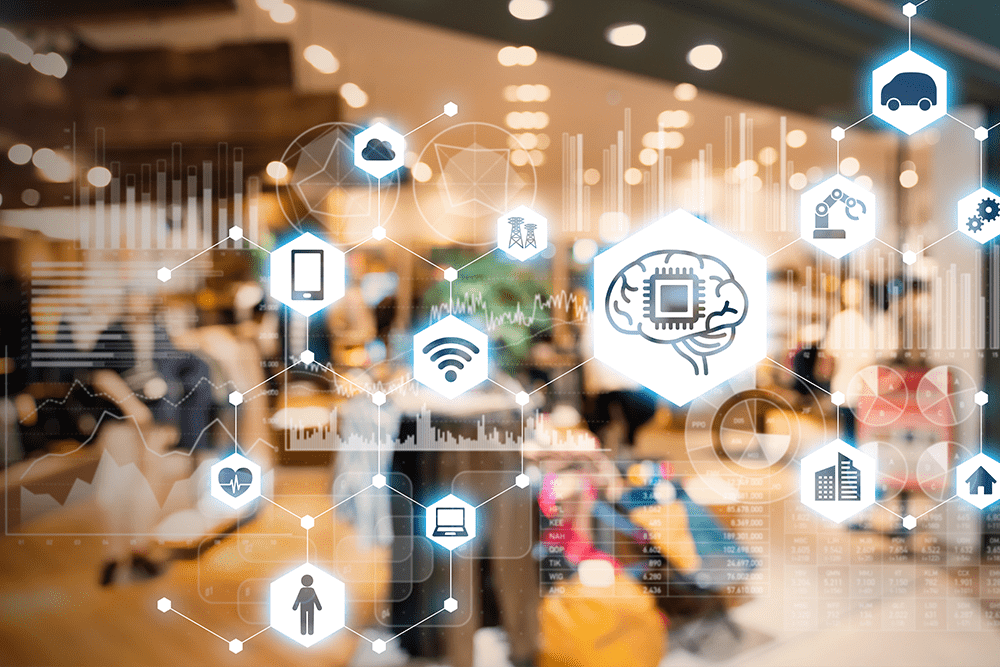
Accessibility
There are more than 1 billion people living with a disability around the world. Artificial intelligence can be used to amplify these people’s abilities to improve their accessibility. It can facilitate employment, improve daily life and help people living with disabilities communicate. From opening up the world of books to deaf children to narrating what it “sees” to those with visual impairments, apps and tools powered by artificial intelligence are improving accessibility.
Climate Change, Conservation and the Environment
One of the most perplexing and pressing issues the planet faces today is climate change. Artificial intelligence innovators are developing ways for the technology to be applied to help improve the climate change issue from simulations to monitoring, measuring and resource management. In addition, AI has been deployed in conservation biology. AI tools make wildlife monitoring more accurate and efficient, and data analysis streamlined. Drones are also used to monitor wildlife populations and count animals as well as catch poachers in the act.
World Hunger
In order to feed the world’s population by 2050, the United Nations estimates we will need to increase the world’s food production by 70%. This gargantuan task seems more plausible with the support of artificial intelligence. In addition to developing hearty seeds, artificial intelligence can be used to automate tedious tasks, detect disease for earlier interventions, apply herbicide precisely and generally maximise crop production.
Human Rights
Artificial intelligence makes the task of identifying human rights violations such as human trafficking quicker and more comprehensive. Using face recognition technology powered by artificial intelligence photos can be analysed to find missing people and images can be reviewed to spot other human rights violations.
Fight Fake News
Even though artificial intelligence generates a lot of disinformation campaigns and fake news content, it can also be used to battle it. Artificial intelligence can be used to verify the truth of articles. Since the amount of content generated daily is too much for humans to effectively monitor, artificial intelligence offers a solution that makes identifying fake news possible. Even though the algorithms are only as good as the input, they receive to learn from, using AI in the fight over fake news is a step in the right direction.
Education
As the pressure continues to mount for educators to customise learning for each student and hit performance benchmarks, artificial intelligence supplies valuable tools that can support learning in and out of the classroom. On a systemic level, artificial intelligence can help process educational statistics to enable decision-making for policy-makers and educational leaders.
Healthcare
Artificial intelligence is already revolutionising healthcare. It is aiding in diagnoses and detecting illness and disease prior to the involvement of medical professionals as well as assist healthcare staff once patients are under their care. Healthcare systems create volumes of data that would go unused without the support of artificial intelligence and machine learning. Not only does artificial intelligence get used to develop innovative drug therapies and customised medicine, but robots are also increasingly being used to support surgeries.
Resilience
Not only does artificial intelligence play a critical role in detecting, monitoring and learning about natural disasters such as hurricanes and earthquakes, but it’s also leveraged for learning to make our society more resilient when faced with catastrophe. Researchers are currently using artificial intelligence to find solutions to make Los Angeles’ plumbing infrastructure less susceptible to damage from earthquakes. In this case and other applications, AI can run many scenarios and computer models to determine the best solutions for vexing issues.
There’s no shortage of challenges that need to be solved today to enable a better tomorrow for our planet, cultures and society. When humans collaborate with artificial intelligence, solutions that otherwise wouldn’t have been thought of can be developed and vetted at a pace that wouldn’t be possible if only humans were tasked with the assignment. AI provides innovative ways of solving extremely challenging problems while at the same time providing ways of significantly improving life.
What other examples of artificial intelligence used for good would you add to the list?
Related Articles
What CES 2026 Tells Us About The Future Of Work, Without Saying ‘Work’
By now, “smart” versions exist of just about every home appliance, gadget and gizmos we can think of. However, manufacturers continue[...]
8 AI Agents Every HR Leader Needs To Know in 2026
By now, “smart” versions exist of just about every home appliance, gadget and gizmos we can think of. However, manufacturers continue[...]
The 6 Education Trends That Will Shape Learning And Skills In 2026
By now, “smart” versions exist of just about every home appliance, gadget and gizmos we can think of. However, manufacturers continue[...]
The Big Ideas Shaping CES 2026 And What They Mean For The Future Of Technology
By now, “smart” versions exist of just about every home appliance, gadget and gizmos we can think of. However, manufacturers continue[...]
Why CES 2026 Signals The End Of ‘AI As A Tool’
By now, “smart” versions exist of just about every home appliance, gadget and gizmos we can think of. However, manufacturers continue[...]
Letting AI Browse The Web For You Sounds Great Until It Goes Wrong
By now, “smart” versions exist of just about every home appliance, gadget and gizmos we can think of. However, manufacturers continue[...]
Sign up to Stay in Touch!
Bernard Marr is a world-renowned futurist, influencer and thought leader in the fields of business and technology, with a passion for using technology for the good of humanity.
He is a best-selling author of over 20 books, writes a regular column for Forbes and advises and coaches many of the world’s best-known organisations.
He has a combined following of 4 million people across his social media channels and newsletters and was ranked by LinkedIn as one of the top 5 business influencers in the world.
Bernard’s latest book is ‘Generative AI in Practice’.




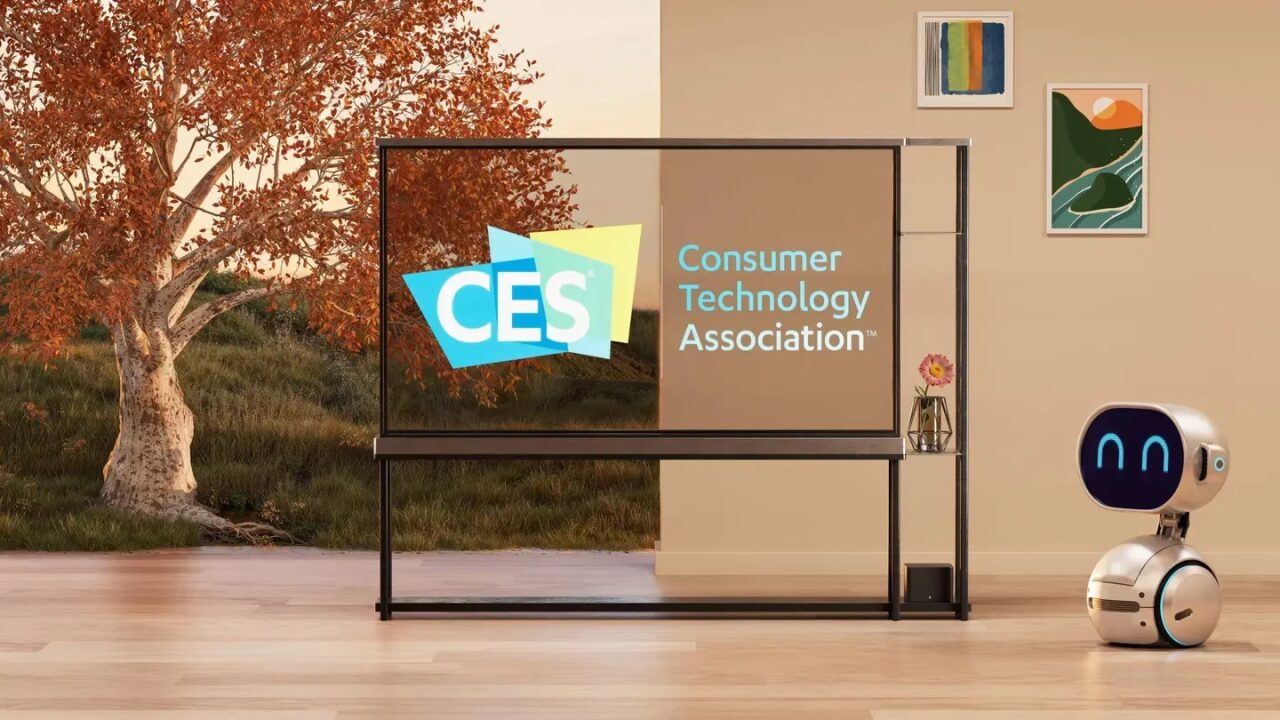
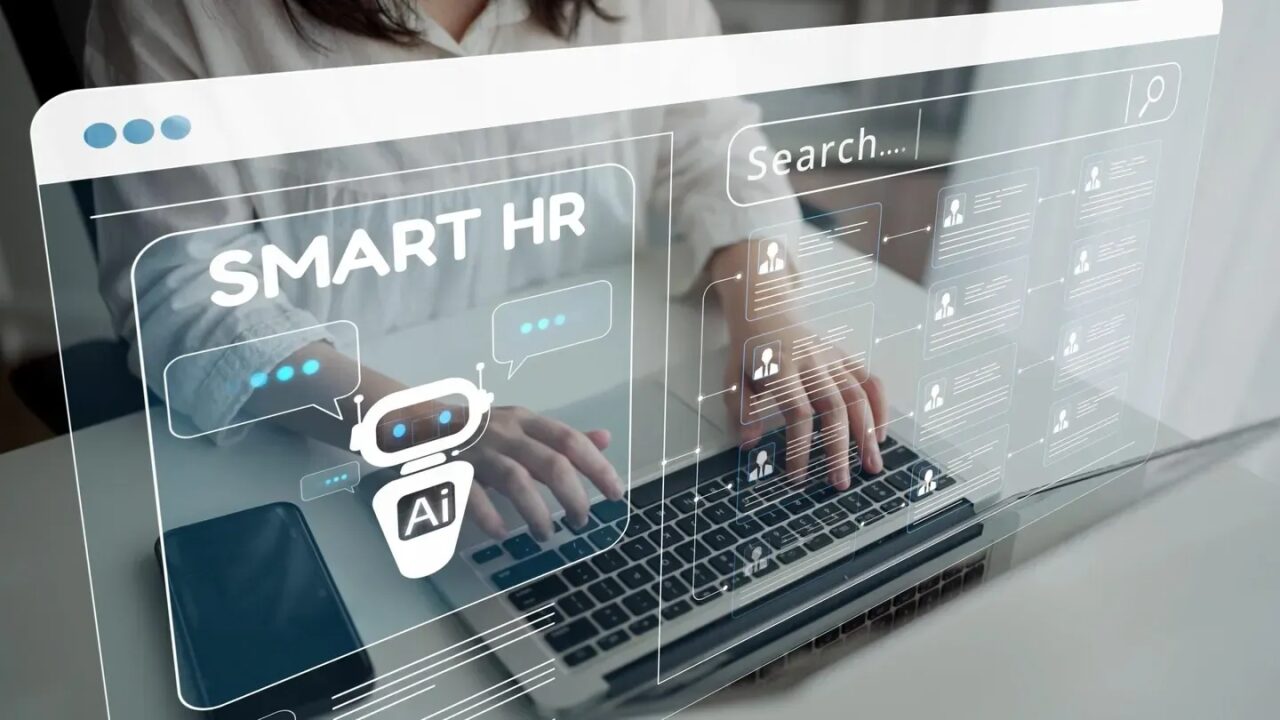
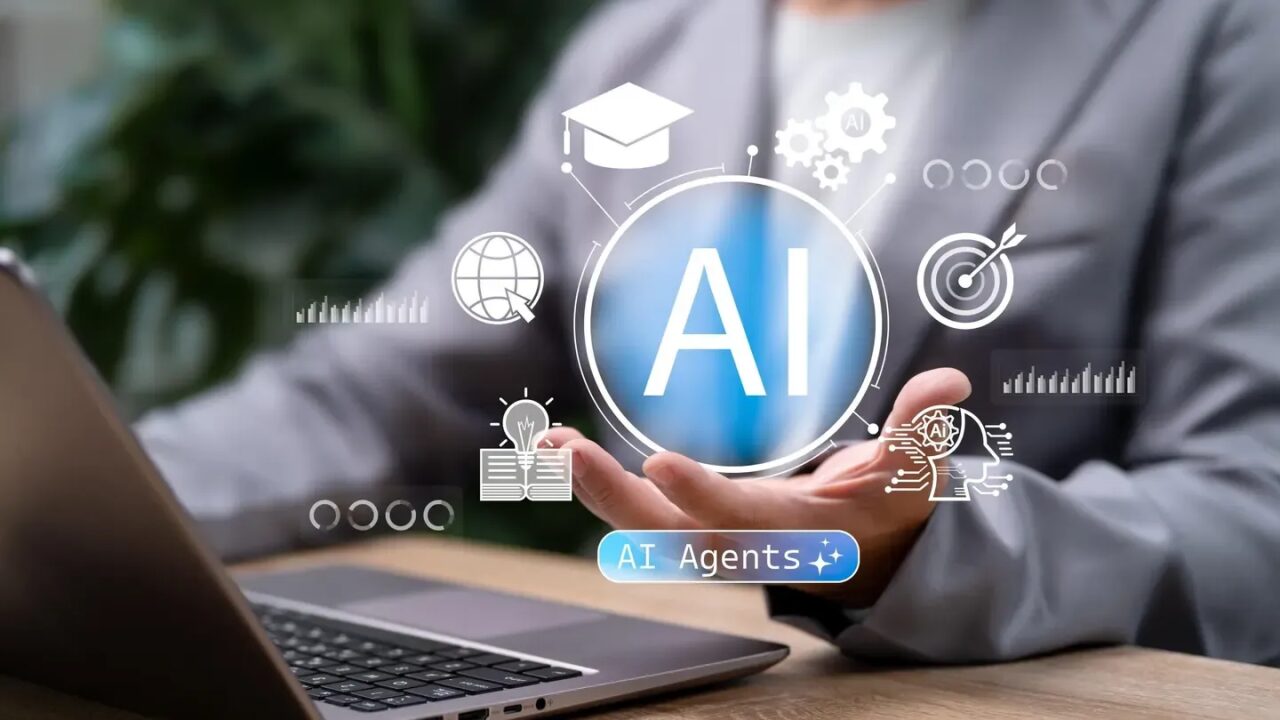

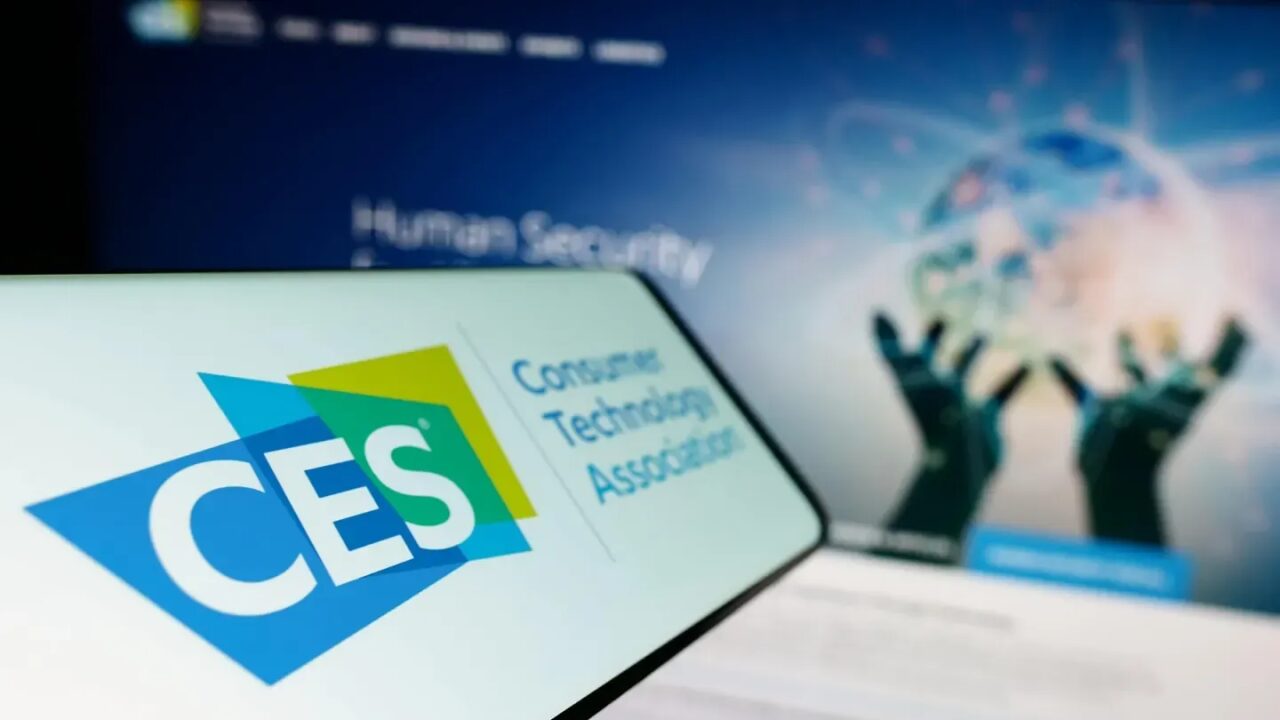
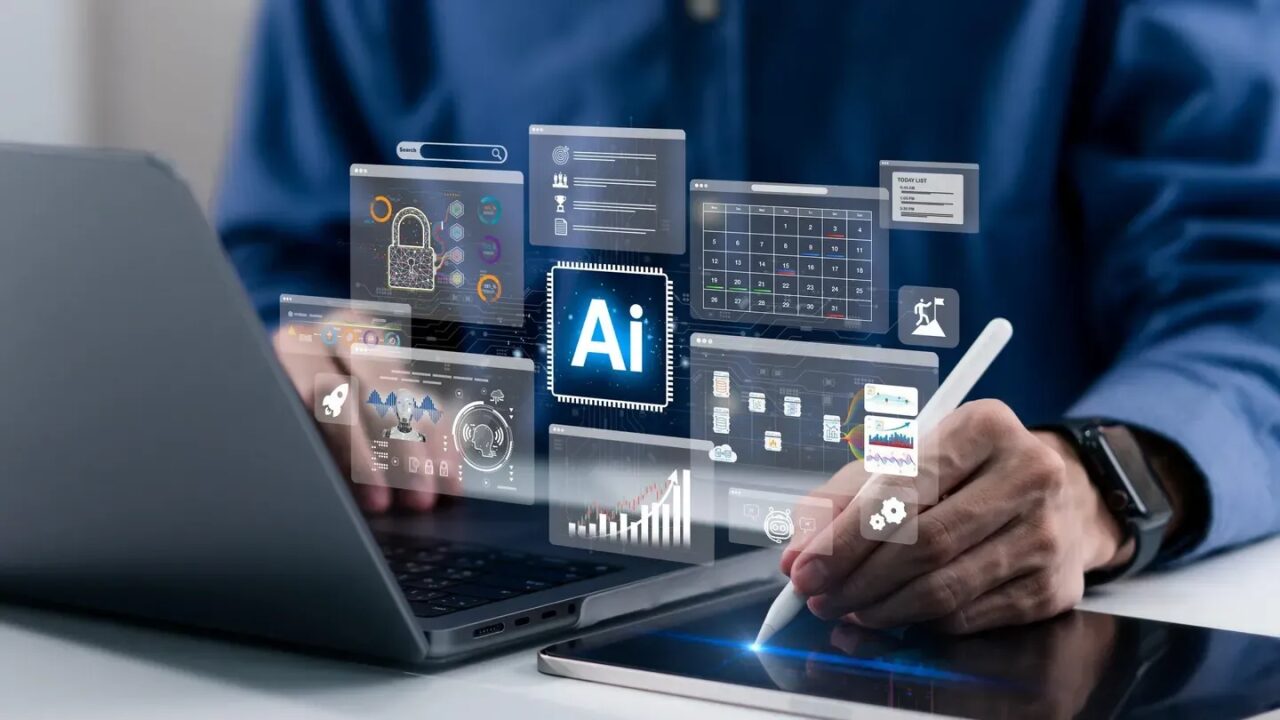
Social Media